A KLM Boeing 777 faced an engine fire shortly after leaving Amsterdam on flight KL877 to Mumbai. Immediately, the crew acted swiftly and returned safely to Schiphol Airport without injuries. Consequently, this incident shook traveler confidence and disrupted a vital travel link connecting Europe and Asia.
The flight left Amsterdam midday but soon showed flames from its left engine as it climbed through 6,000 feet. Therefore, pilots stopped ascending, flew a holding pattern over the North Sea, and released fuel to reduce landing weight. After about two hours, the plane landed safely; however, the event caused significant delays and frustration among passengers and the aviation community.
The Amsterdam–Mumbai route has grown rapidly, with passenger numbers rising by 28% annually. As a result, such disruptions ripple through the tourism and airline industries, affecting connecting flights and local economies. Many travelers missed connections to destinations across India and South Asia, forcing tour operators and airlines to adjust plans.
KLM now faces a challenge in maintaining its reputation after this high-profile event. Since Mumbai remains a critical gateway for travelers exploring India’s rich culture and heritage, any doubts about flight safety might push passengers to choose alternative hubs or carriers. Consequently, this impacts regional tourism growth.
Experts suggest that a compressor stall or bird strike may have triggered the fire. Furthermore, Schiphol Airport’s proximity to wetlands raises the risk of bird encounters. Therefore, this emphasizes the need for stronger safety measures. Indeed, this incident highlights the importance of ongoing maintenance, environmental monitoring, and advanced technology to prevent future failures.
Passengers reported anxiety during the two-hour flight; nevertheless, the crew managed the crisis professionally. Meanwhile, KLM quickly arranged new bookings, but communication gaps left some travelers uncertain. Thus, effective crisis management remains essential to protect customer trust.
Overall, this event underscores how tightly aviation safety and tourism success link together. As travel rebounds post-pandemic, reliable air service will determine which destinations thrive. Therefore, KLM and aviation authorities now face pressure to enhance safety and reassure travelers, ensuring smoother journeys on this busy corridor.
Related stories:
Catch up on the top stories and travel deals by subscribing to our newsletter!

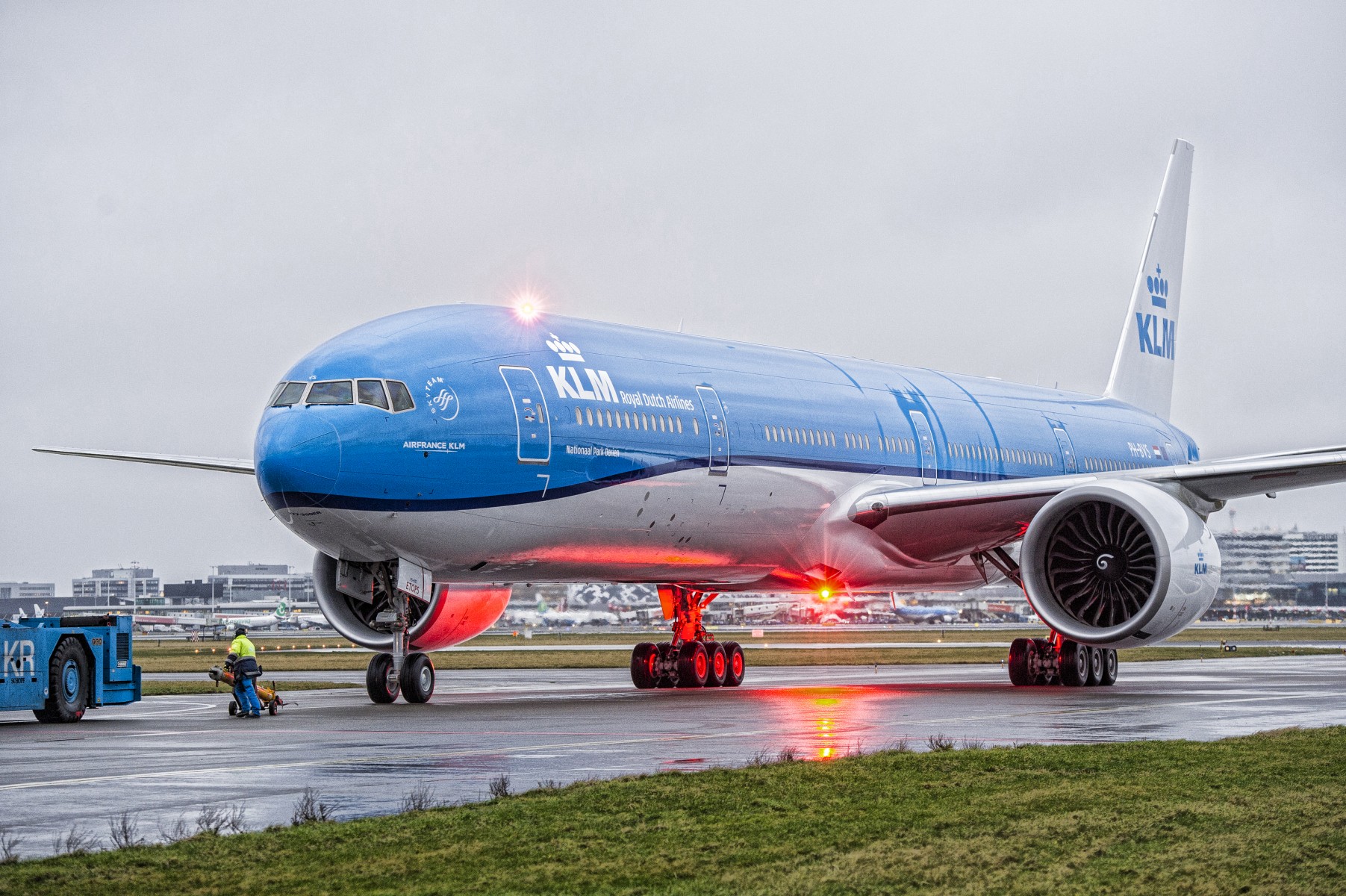

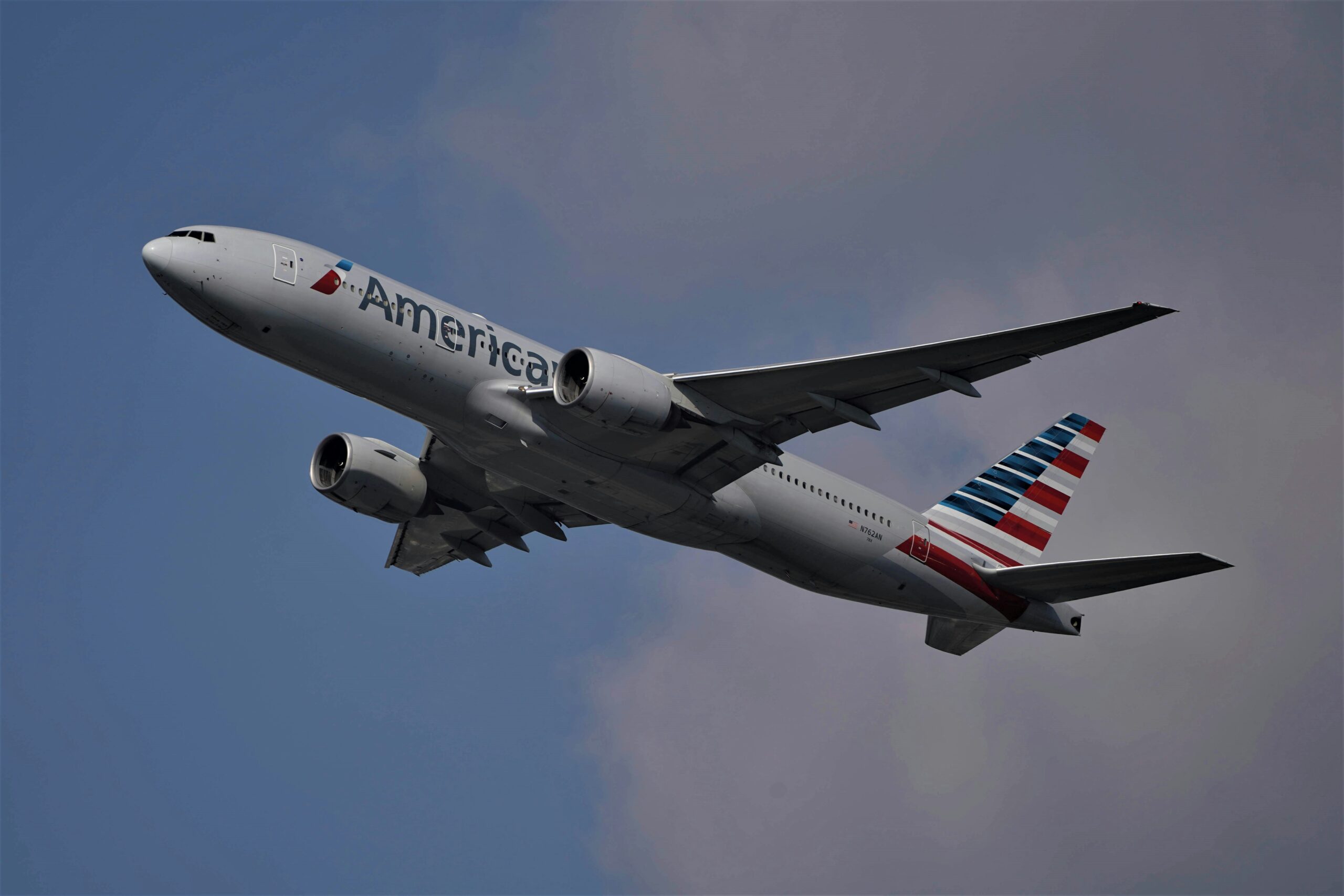
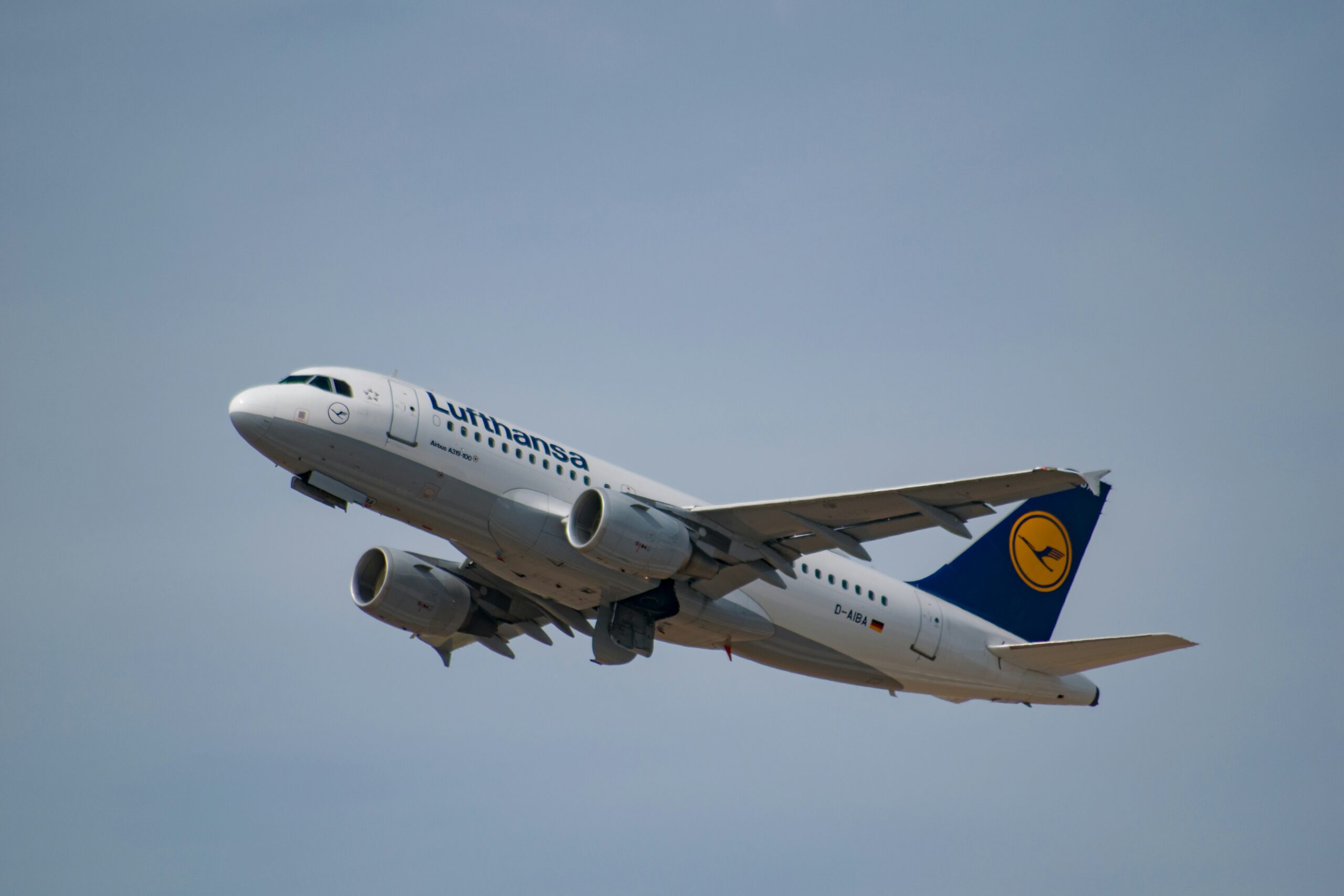
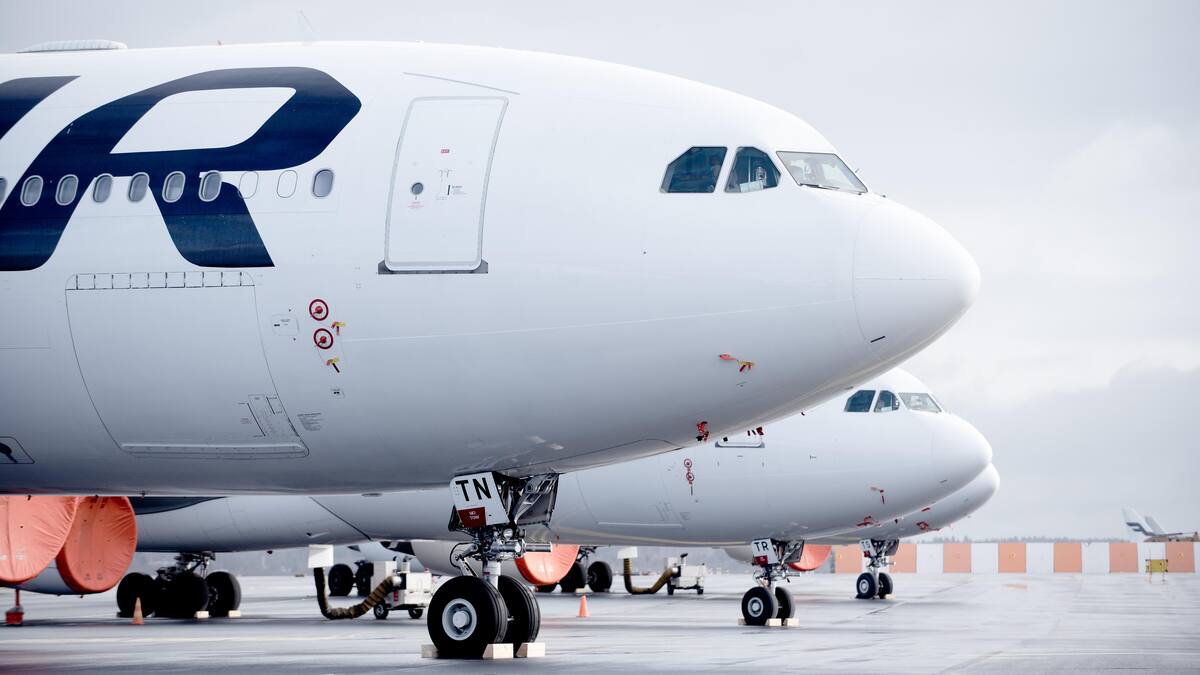
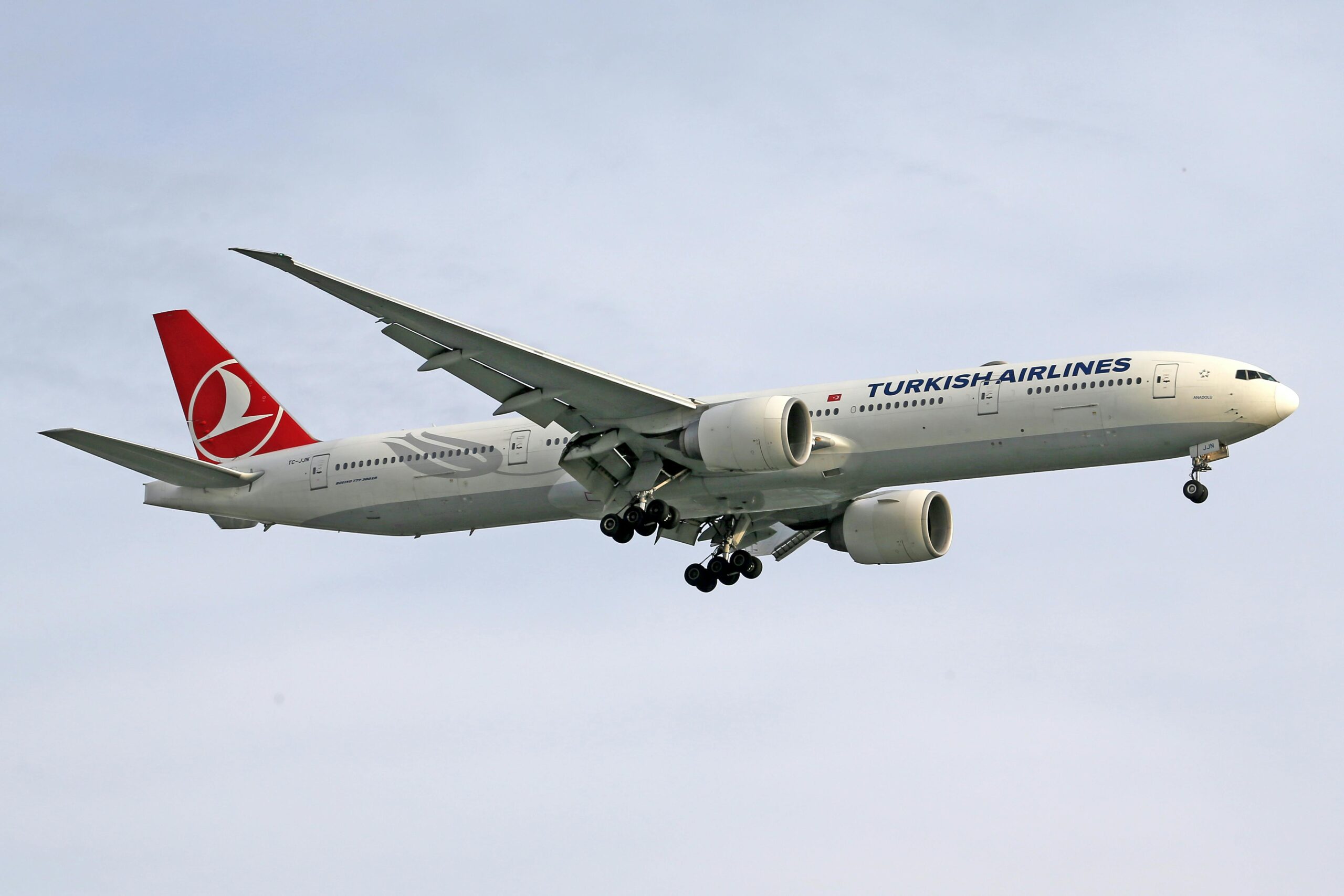




Leave a Reply